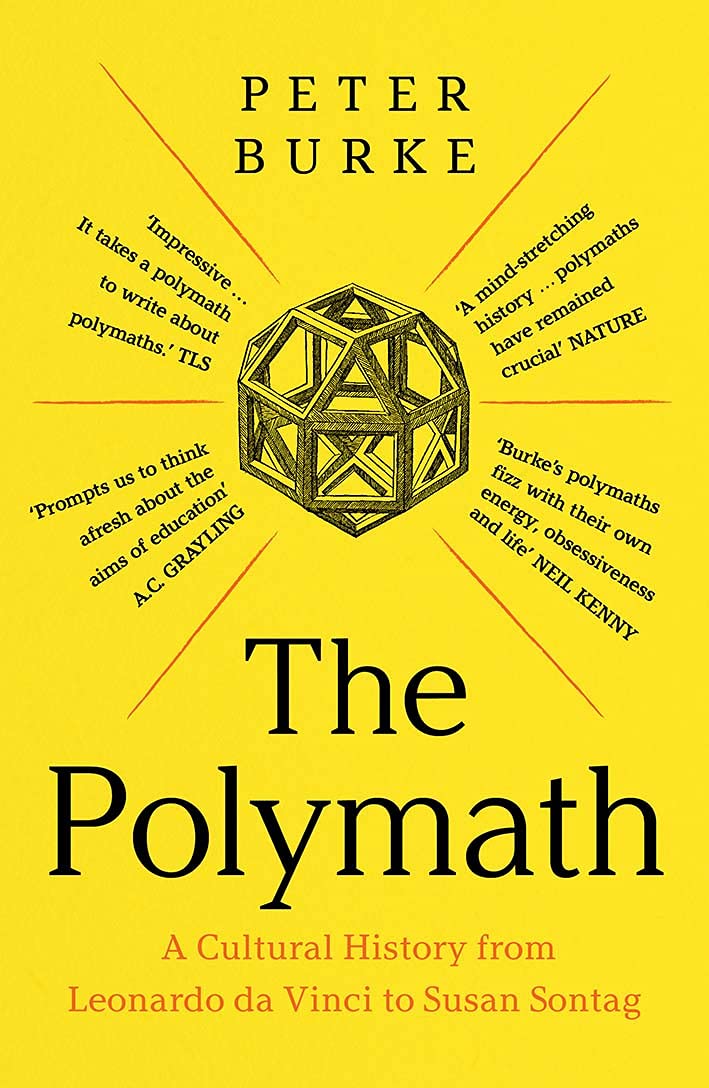
Categorii: Necatalogate, Neclasificat
Limba: Engleza
Data publicării: 2021
Editura: Yale University Press
Tip copertă: Paperback
Nr Pag: 352
ISBN: 9780300260465
Dimensiuni: l: 13cm | H: 20cm | 0.3cm | 340g

From Leonardo Da Vinci to John Dee and Comenius, from George Eliot to Oliver Sacks and Susan Sontag, polymaths have moved the frontiers of knowledge in countless ways. But history can be unkind to scholars with such encyclopedic interests. All too often these individuals are remembered for just one part of their valuable achievements.
In this engaging, erudite account, renowned cultural historian Peter Burke argues for a more rounded view. Identifying 500 western polymaths, Burke explores their wide-ranging successes and shows how their rise matched a rapid growth of knowledge in the age of the invention of printing, the discovery of the New World and the Scientific Revolution. It is only more recently that the further acceleration of knowledge has led to increased specialization and to an environment that is less supportive of wide-ranging scholars and scientists.
Spanning the Renaissance to the present day, Burke changes our understanding of this remarkable intellectual species.
Peter Burke is a British historian and professor. He was educated by the Jesuits and at St John's College, Oxford, and was a doctoral candidate at St Antony's College. From 1962 to 1979, he was part of the School of European Studies at Sussex University, before moving to the University of Cambridge, where he holds the title of Professor Emeritus of Cultural History and Fellow of Emmanuel College. Burke is celebrated as a historian not only of the early modern era, but one who emphasizes the relevance of social and cultural history to modern issues. He is married to Brazilian historian Maria Lúcia Garcia Pallares-Burke.